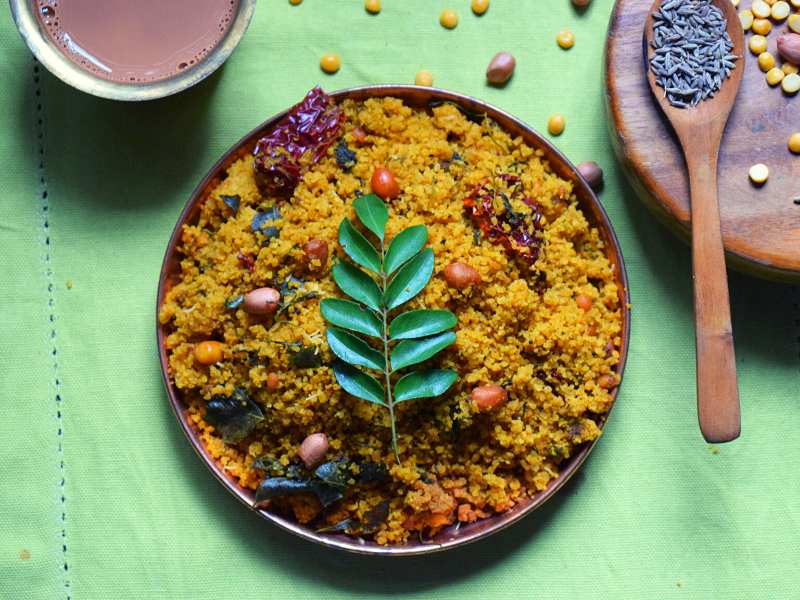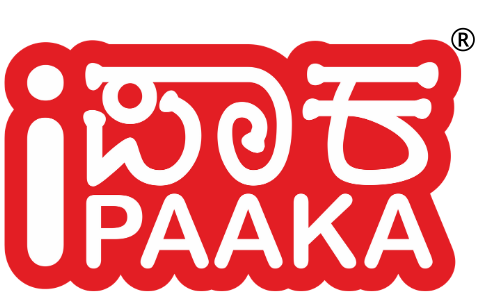
You've definitely heard of Poha but have you tried this version of it called "Gojjavalakki"?
Aug 18 , 2021
Poha was international even before the invention of cornflakes by John Harvey Kellogg of Michigan. When the British came to India, they found this easy-to-prepare grain, a useful product for their Indian soldiers. In 1846, The Times of India, reported an order from the Bombay garrison that whenever native troops were to be transported by ship, “the commissariat department will supply only grain parched, and ‘powa’, for their use on the voyage.” In 1878, the paper reported that a troop of sepoys was detained at Cyprus for want of ‘powa’ for their journey back home. The modern Poha as we know it, has found a home in most regional cuisines with the regional twists such as Mumbai Poha, Indori Poha (which claims to be the spiciest) and the Gujarati poha, which is topped with both sev and pomegranate and so on.
However, Gojjavalakki is a different story. Gojjavalakki is a popular breakfast dish (Poha/Avalakki/flattened rice) from Karnataka. While its western cousin, corn flakes, were invented maybe a 100-150 years back, ‘flattened rice’ has been consumed in India for millennia. The most popular story about this particular recipe is how Sudhama carried it all the way to Dwaraka when he met his old friend Krishna (unverified but definitely interesting ;)).
Gojju means gravy (mostly made of tamarind paste), and avalakki means flattened rice or poha, as we better know it. It is essentially the same dish, except that it uses some additional ingredients such as jaggery, coconut, and aromatic spices. Also, this version comes with poha broken down into a coarse form so that the gojju is mixed well with it. There is a sub-regional variant in this as well- as there is separate kind of Gojavalakki in the Mangalorean and Malnad region. Say it rapidly two or three times, and you’ll get the hang of how its pronounced :)
Poha is the best known Sativk food all across India for its simplicity yet high nutirent content. Gojjavalakki is mostly distributed as prasad in temples in parts of Karnataka.




 Reg no-21220195000414.
Reg no-21220195000414.
1 Comments
Wow…so interesting to know the history :) thank you for this :)